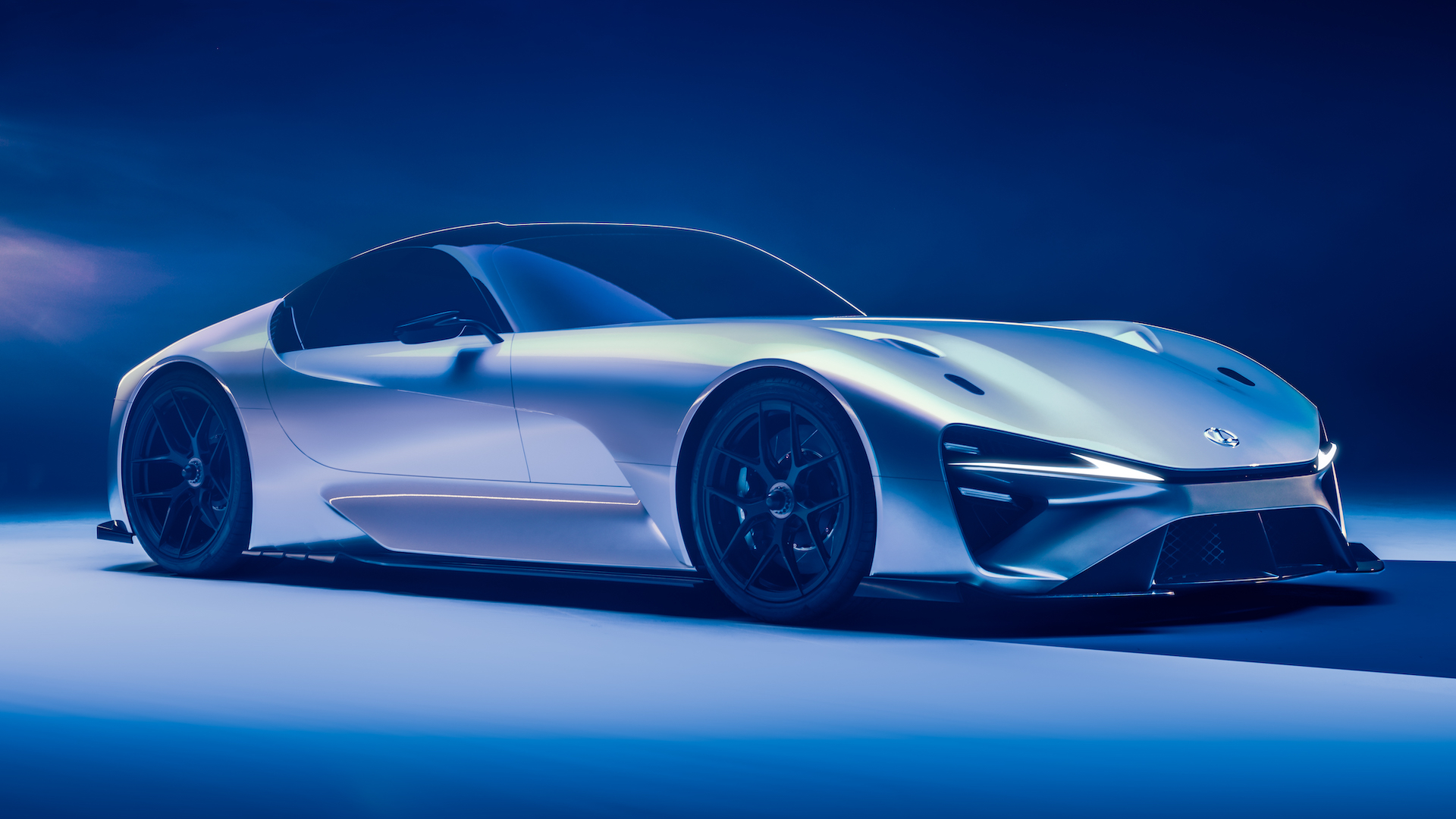

Toyota, for all its emphasis on alternatives to EVs, is one of the biggest investors in their next quantum leap: Solid-state batteries. They promise to revolutionize range and performance, and Toyota already has a working prototype. But solid-state batteries won’t be powering EVs for the masses any time soon, as Toyota acknowledged in its company newspaper Toyota Times.
Earlier this month, Toyota announced a production partnership with Idemitsu Kosan, a petrochemical company with which it will manufacture solid-state batteries. These batteries will use a “flexible, highly adhesive, and crack-resistant solid electrolyte material” made of ceramic-like sulfides to bring comprehensive improvements over lithium-ion battery chemistry, the current standard. Solid-state offers more energy density, reducing weight and boosting performance, while allowing faster charging and less risk of fire. It seems to be a win-win, so when’s it coming to cars you and I can buy?

Toyota previously promised to launch its first solid-state BEV in the mid-late 2020s, and it now has a timeline for manufacturing. The two companies will begin pilot production in financial year 2027, wherein they will produce several hundred tons of the new electrolyte. In 2030, they plan to enter a “mass production phase” generating several thousand tons annually—but if you know your EV batteries, you’ll know that’s not exactly a lot.
Specifically, Toyota promises this will only be enough to supply “over ten thousand vehicles,” meaning these won’t be powering a Corolla EV any time soon. Instead, it’s likely they will power a new generation of tech-demonstrator halo cars, potentially under the Lexus brand. One confirmed recipient is the supercar previewed by the Lexus Electrified Sport Concept, which will directly succeed the esteemed LFA. (Not to be confused with the V8-powered machine Lexus is preparing for GT3 racing.) Range will start around 435 miles, but subsequent improvements could push Toyota’s best BEVs’ ranges beyond 900 mi.

While it’s common for new technologies to debut on expensive models and make their way downward with refinement, Toyota’s production capacity makes clear this won’t happen any time soon. Even a decade out, it’s unlikely many EVs will be powered by these promising new batteries.
Got a tip or question for the author? You can reach them here: james@thedrive.com